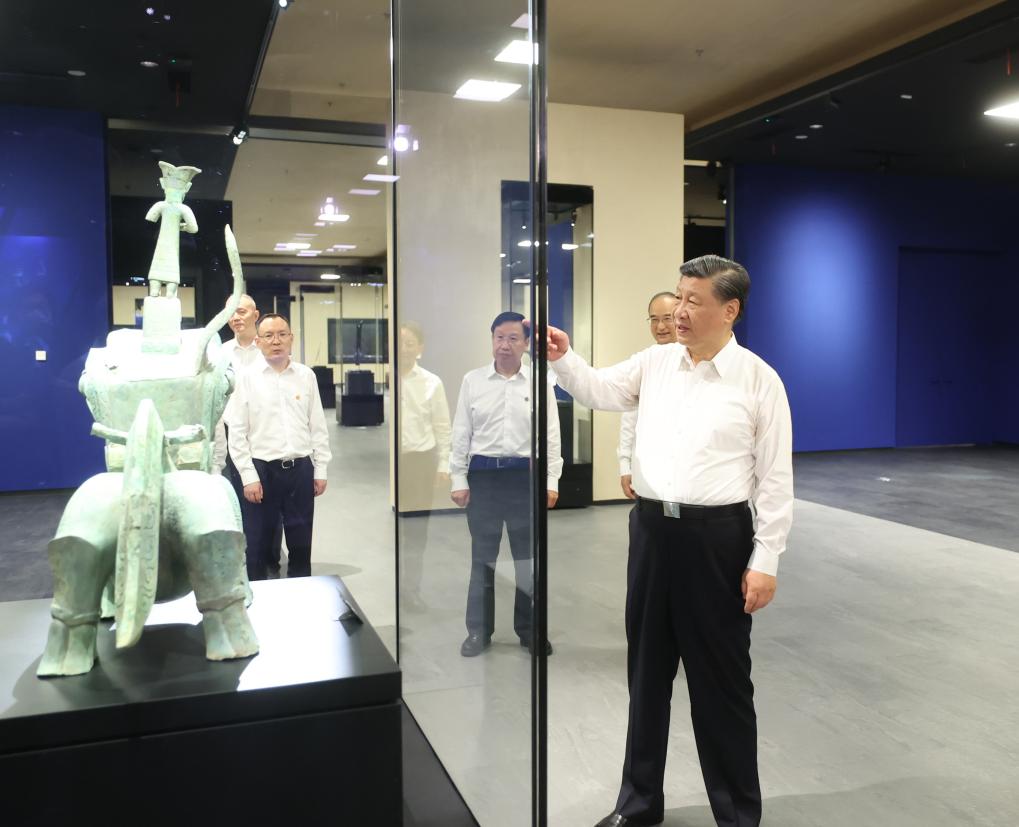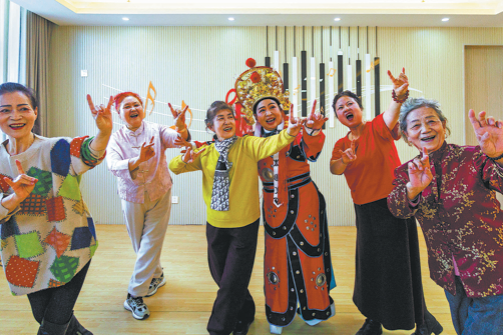Xi Focus-Profile: Xi Jinping, man of culture


ART OF GOVERNANCE
In 2012, Xi incorporated the concept of "cultural confidence" into the report to the 18th CPC National Congress. He later integrated this concept into the "Four Confidences" of socialism with Chinese characteristics, describing cultural confidence as a "more fundamental, deeper, and more enduring force."
"Without full confidence in our culture, without a rich and prosperous culture, the Chinese nation will not be able to rejuvenate itself," he said.
While the world is undergoing profound changes unseen in a century, Xi has led China into a new era.
Theorists believe that the severe challenges the country faces in the 21st century demand a cultural renaissance to rebuild national identity in the post-Cold War world, where various civilizations and value systems compete and coexist. They even say that the rise and fall of major countries over the past 500 years is the result of the force of cultures.
Xi has cultivated confidence in the Chinese culture in service of the nation's rejuvenation, and established an impenetrable barrier against negative elements in Western culture, according to observers.
On July 1, 2021, when the Party celebrated its centenary, Xi proposed "two integrations," emphasizing the need to "integrate the basic tenets of Marxism with China's specific realities and fine traditional culture." The "second integration" -- one with fine traditional culture -- represents a profound "chemical reaction" and the emancipation of the mind, Xi said.
In June 2023, at a key meeting on cultural inheritance and development in Beijing, Xi summarized five distinctive features of Chinese civilization, emphasizing its outstanding continuity, innovation, unity, inclusiveness, and peaceful nature.
Over a month after the meeting, Xi visited the Sanxingdui archaeological site in Sichuan province. During his visit, he took his time to examine details of the artifacts dating back thousands of years.
























